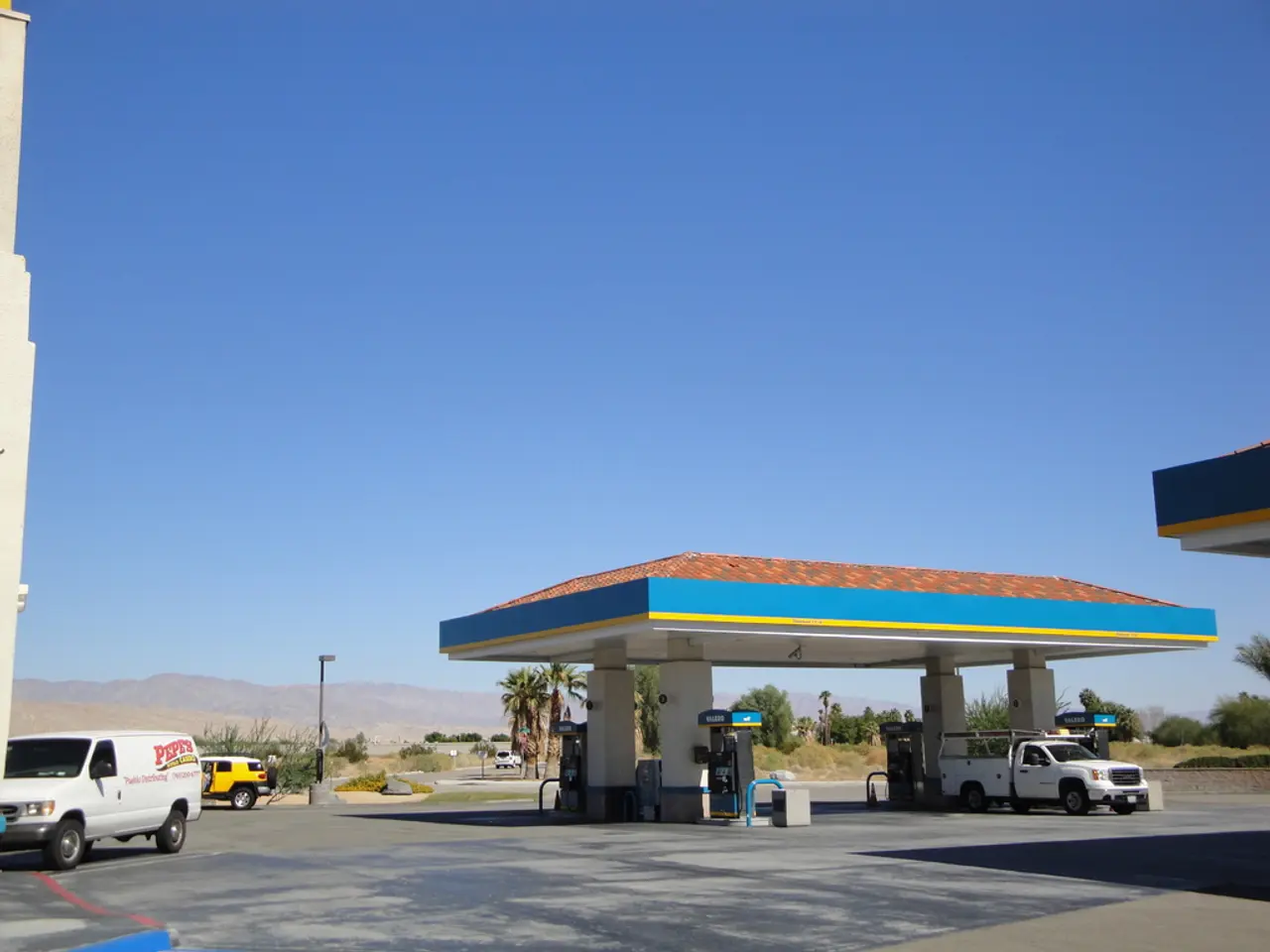United Kingdom's Air-to-Air Heat Pumps: Pricing, Setup, Benefits, and Drawbacks
Air-to-Air Heat Pumps: A Comprehensive Guide for Homeowners
Air-to-air heat pumps are a popular choice for homeowners seeking an efficient and versatile heating and cooling system. Here's a breakdown of the pros and cons of these systems, as well as some key facts about their installation, cost, and efficiency.
Pros of Air-to-Air Heat Pumps
- Energy Efficiency: Air-to-air heat pumps transfer heat rather than generate it, making them more efficient than electric resistance heating and traditional furnaces, especially in mild climates.
- Dual Functionality: These systems provide both heating and cooling by reversing the refrigeration cycle depending on the season, eliminating the need for separate HVAC systems.
- Environmental Benefits: Because they rely on a renewable heat source—outside air—they reduce dependence on fossil fuels like natural gas and lower overall carbon emissions.
- Cost Savings Over Time: Although initial investment can be high, energy savings can reduce utility bills, particularly in regions with moderate winters.
- Space Efficiency: Compared to some alternatives, the indoor component usually requires less space, and ductless mini-split versions can heat/cool zones individually, improving comfort and efficiency.
Cons of Air-to-Air Heat Pumps
- Temperature Limitations: Their heating efficiency drops significantly in very cold climates, often requiring supplementary heating systems at low temperatures. This limits their effectiveness in harsh winter regions.
- Higher Initial Cost: Installation and equipment costs for heat pumps are generally higher than traditional straight cool AC systems or fossil-fuel furnaces, potentially requiring a significant upfront investment.
- Space for Outdoor Units: The system demands an outdoor unit with proper clearance and positioning, which might not be feasible or aesthetically pleasing on all properties.
- System Complexity: Heat pumps are more complex than typical air conditioners, meaning maintenance and repairs may be more frequent and require specialized service, potentially increasing upkeep costs.
- Electricity Dependency: Since they run on electricity, energy cost fluctuations directly impact operating expenses, and their carbon footprint depends on the electricity generation mix.
- Maintenance Needs: Regular maintenance is essential to retain efficiency, including cleaning filters, inspecting components, and potentially duct maintenance, which might be intrusive or costly depending on the system type (ducted vs. ductless).
Installation and Cost
The installation process of an air-to-air heat pump is simple and quick, often completed within a day. Current installation costs in the UK range from £350 to £1,700, with the total cost for installation and operation affected by factors such as home size, energy consumption, and proper system sizing.
The Boiler Upgrade Scheme (BUS) in the UK offers up to £7,500 to assist with air source heat pump costs. To be eligible, you must be a homeowner, small landlord, or private landlord in England or Wales, have a valid Energy Performance Certificate (EPC) with no outstanding loft or cavity wall insulation recommendations, and you can only replace fossil fuel heating systems like oil, gas, or direct electric with an air-to-air heat pump.
Summary Table
| Aspect | Pros | Cons | |------------------------|--------------------------------------------------|----------------------------------------------------| | Efficiency | High efficiency, especially in mild climates | Reduced efficiency in extreme cold | | Functionality | Provides both heating and cooling | Requires more complex system and maintenance | | Environmental Impact | Uses renewable air source, lowers emissions | Electricity source may vary in environmental impact | | Cost | Saves energy costs over time | Higher upfront cost and installation expense | | Space | Compact indoor units, ductless options available | Needs outdoor unit with clearance | | Maintenance | Efficient with regular upkeep | Requires specialized maintenance and possible duct cleaning |
In conclusion, air-to-air heat pumps are advantageous for homeowners seeking an efficient, versatile, and environmentally friendly system for both heating and cooling—particularly in mild to moderate climates. However, their higher initial costs, complexity, and reduced performance in extreme cold should be carefully considered against local climate and home heating requirements.
- In addition to air-to-air heat pumps, homeowners might also consider solar panels or ground source heat pumps as renewable-energy alternatives for heating and cooling their homes, promoting sustainable-living.
- The industry has been witnessing a surge in smart-home-devices, gadgets, and home-and-garden technology, integrating with heat pumps to increase energy savings and improve comfort.
- Finance providers offer flexible payment plans for home-improvement projects, including the installation of air-source heat pumps, making it easier for homeowners to invest in such systems despite any upfront costs.
- As more homeowners turn to heat pumps, the industry is expanding to cater to the growing demand, leading to increased competition, productivity, and incentives like the Boiler Upgrade Scheme (BUS) in the UK.
- Lifestyle adaptations, such as increased use of energy-saving appliances, insulation, and home isolation techniques, can further enhance the efficiency of air-to-air heat pumps and reduce overall energy consumption.
- Comparatively, ground source heat pumps are more efficient than their air-source counterparts because they take advantage of the relatively consistent temperature of the ground, making them a better option for colder climates.
- It's crucial to consult with professionals and conduct thorough research when choosing the right heating and cooling system for your home, considering factors like climate, budget, space, maintenance requirements, and environmental impact.






